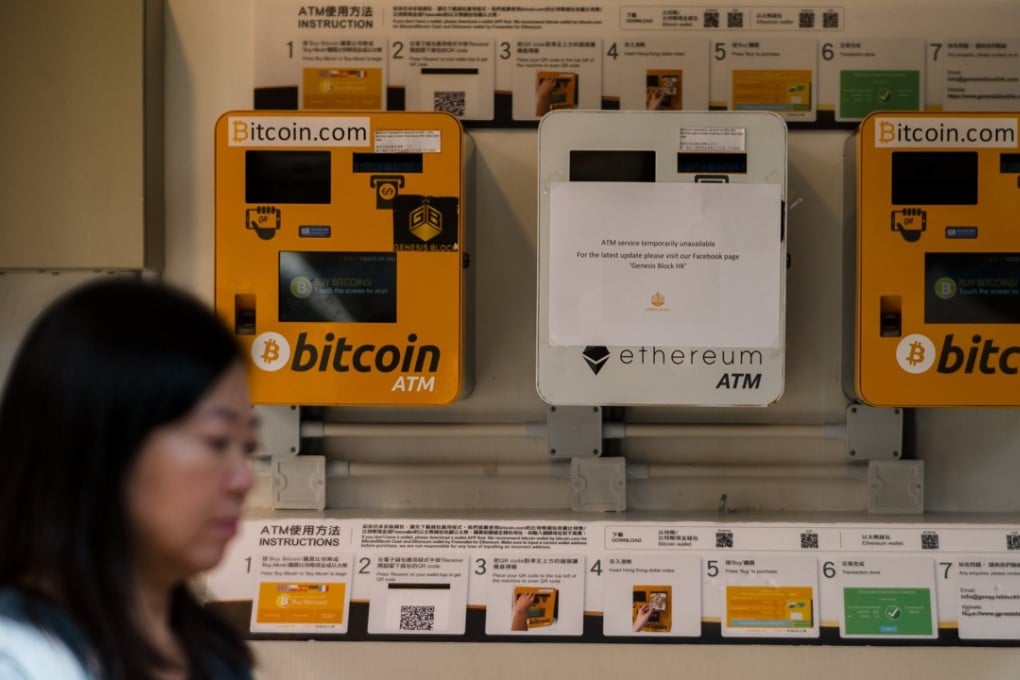Hongkongers are going big on bitcoin, but some don’t understand what they are getting into
The massive rise in the cryptocurrency’s value has piqued investors’ interest, but insiders say many are not aware of what they are dealing with

Bob Laberge, a data warehouse technical specialist in his 50s, invested in bitcoin for the first time on November 15 – when the digital currency was valued at about US$6,600 – knowing very little about it. He invested US$500 as a test – each individual bitcoin can be reduced into smaller pieces – and everything went smoothly.
That US$500 investment is now worth about $1,350.
Two weeks after his first punt Laberge decided to invest “tens of thousands more”. But when he did, the bitcoin exchange he was dealing with did not credit his bitcoin wallet for four days.
“The way I dealt with the banks was exactly the mindset when I was getting into bitcoin,” Laberge, who is Canadian but lives in Hong Kong, said.
He found a direct contact for the exchange’s compliance officer and was able get his bitcoin after filing some additional “know your customer” applications, through which the exchange strengthens its security by taking clients’ details.
“For most exchanges it’s very difficult to get in touch with them. The only way to contact people, unlike a bank where you call their number and someone answers in a couple of minutes, is through a support ticket. And if they don’t answer the support ticket you are left hanging and it’s stressful when you’ve got a huge amount of money sitting there,” Laberge said.